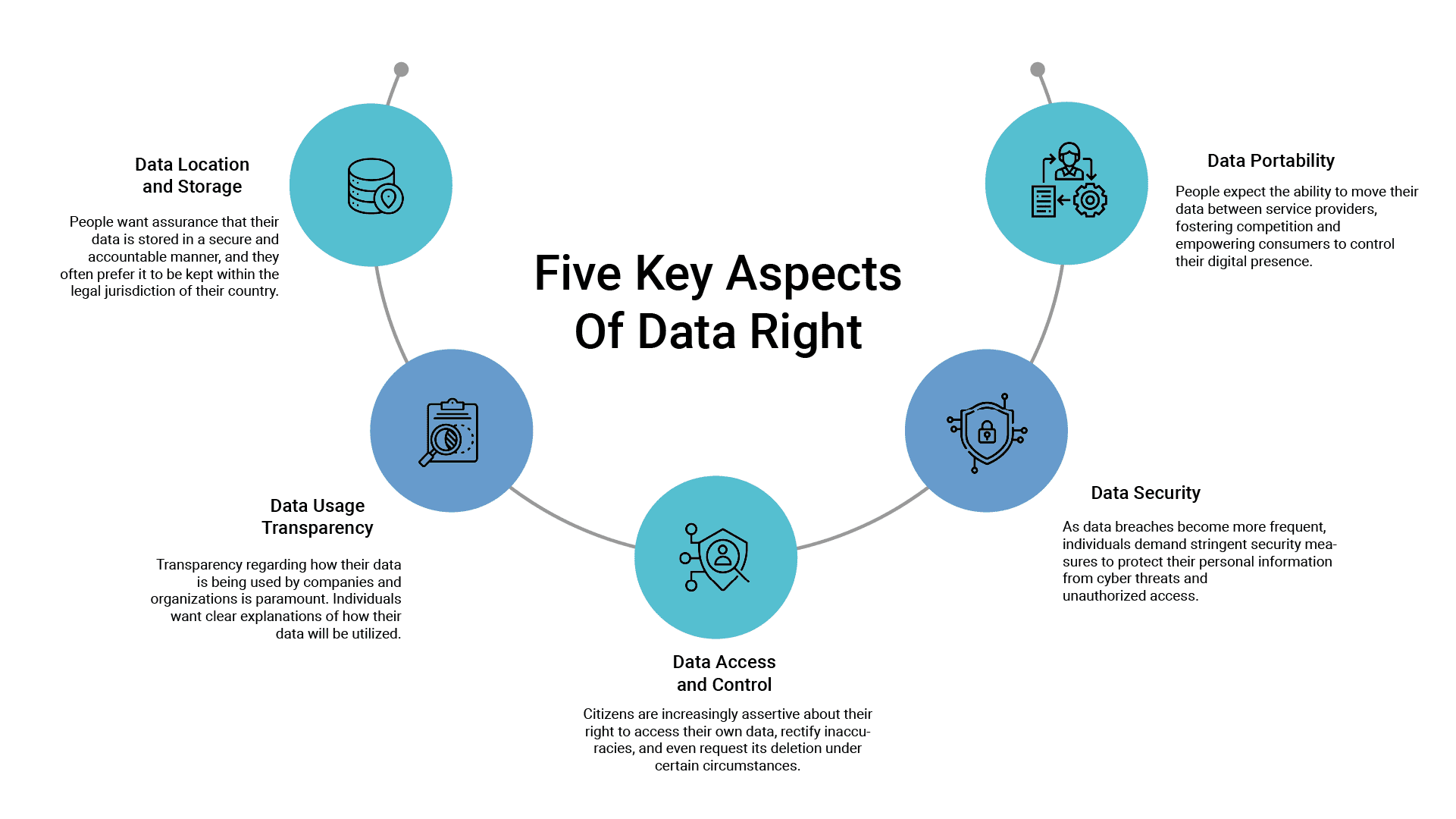Navigating the Complex Terrain of AI and Data Residency

Estimated reading time: 7 minutes
Key takeaways:
- Understanding the importance of data residency in AI-enhanced systems.
- Differences between data sovereignty and residency and their impact on AI.
- Strategies and best practices for managing data residency in AI projects.
Introduction to AI and Data Residency
As artificial intelligence (AI) reshapes industries and societies, it's crucial to address the often-overlooked aspect of data residency. What exactly is data residency? It refers to the physical or geographic location where an organization's data is stored and processed. Read more about data sovereignty vs data residency. This aspect of data management is gaining increasing importance as more AI systems are implemented globally, bringing about a slew of legal and regulatory challenges.
The Rising Importance of Data Sovereignty
The evolution of AI demands stringent adherence to data sovereignty, the principle that data is subject to the laws and regulations of the country in which it is processed. Ensuring data sovereignty is integral to avoiding legal complications and fulfilling regulatory requirements that vary across borders.
Understanding Data Residency in AI
Data residency is a critical factor for organizations leveraging AI and machine learning models, especially when these technologies are hosted in the cloud. Here's why:
Choices in Data Storage: On-Premises vs. Cloud
AI data can be stored:
- On-premises: Data resides within a company’s own infrastructure, offering maximum control but potentially limiting scalability.
- Cloud storage: Data is stored off-site and managed by third-party cloud providers, enhancing flexibility but introducing questions of data sovereignty and security. Learn about the importance of data residency for security at Opsverse.
Data Sovereignty in AI
Data sovereignty brings myriad challenges and legal stipulations for AI deployments, particularly in multinational scenarios.
Legal and Regulatory Implications
Each nation has its own set of laws governing data privacy, security, and usage. Failing to comply with these laws can lead to severe legal consequences. Find out more at IBM's detailed guide on data sovereignty.
AI Solutions for Data Control
Innovations in AI-powered Data Tools
AI advancements have introduced powerful tools for:
- Data discovery: AI systems can locate and classify sensitive data, critical for compliance. Read about AI compliance at Tonic AI.
- Real-time monitoring and automated audits: These systems ensure continuous compliance and can flag potential violations as they occur.
Compliance with Data Location Laws
Strategies for Compliance
- Data Mapping: Implement AI tools to track exact data storage and processing locations. Check out practical uses of data mapping at Splunk.
- Choosing the Right Cloud Providers: Opt for cloud services that offer robust data residency options to align with local laws.
Challenges and Solutions in Data Residency for AI
Addressing the challenges of data residency includes understanding the complexities of cloud architecture and the necessity of managing cross-border data flows. Effective solutions include the use of Data Security Posture Management (DSPM) systems and adopting local AI infrastructures. Read more about data sovereignty in AI.
FAQ
- What are the main differences between data sovereignty and data residency?
Data sovereignty refers to the laws that data must comply with depending on its location, whereas data residency pertains to the physical location of data storage and processing. - Why is data residency important for AI?
It ensures compliance with varying international laws, enhances data security, and protects against legal issues stemming from data breaches or misuse. - How can organizations best manage data residency?
By enforcing robust data governance, conducting regular audits, and utilizing AI tools for better data oversight and management.




